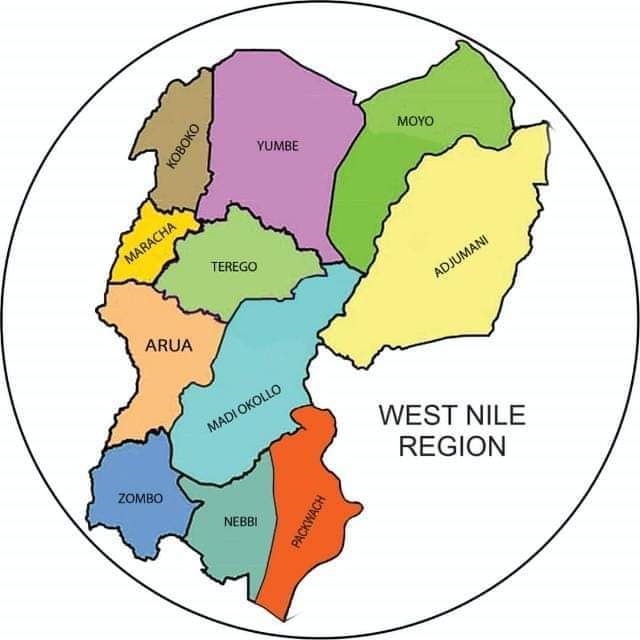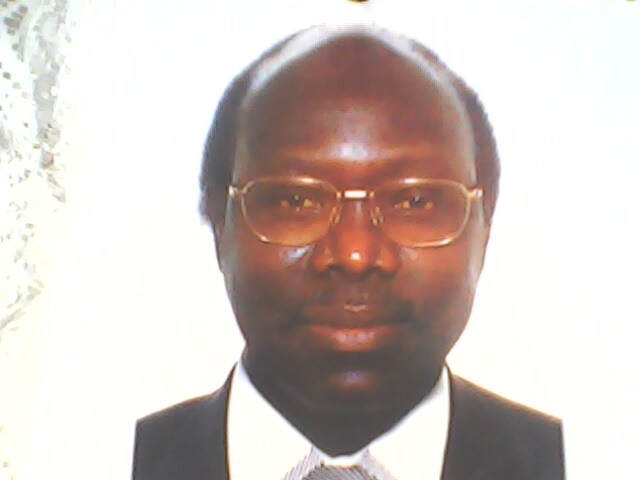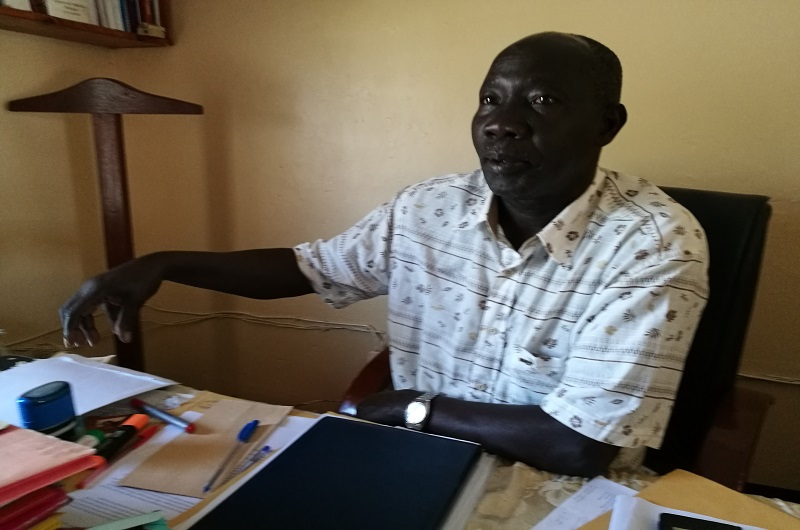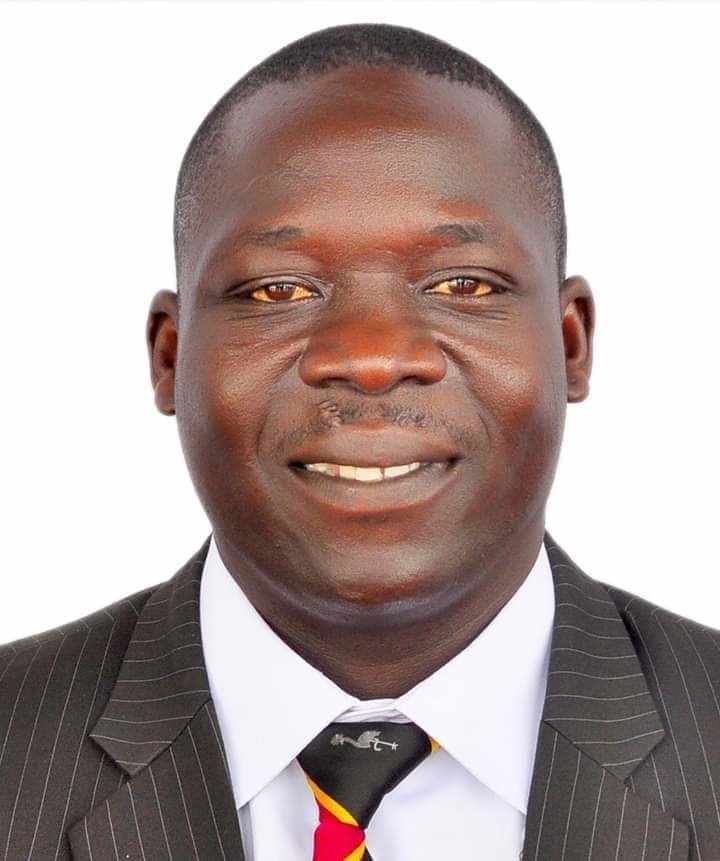UBOS 2024 Census report on West Nile: What it means to residents

The map of West Nile region
ARUA: On Thursday, June 27, 2024, the Uganda Bureau of Statistics (UBOS) released the 2024 national census results, putting Uganda’s population at 45.9 million people, up from 34.6 million counted in 2014.
According to Chris Mukiza, the UBOS Executive Director, the population increased by 11.3 million people in the last ten years, reflecting a 2.9 percent growth rate.
Refugees counted in Uganda on census night of May 9th accounted for at least 780, 061 of the country’s latest population data.
The report also indicated that the majority of Uganda’s population is in Buganda followed by Busoga and West Nile with the least being in the Karamoja region.
Buganda region now has a population of 11.1 million people while West Nile which is the third region after Busoga, has a population of 3.9 million people.
The report has, however, attracted mixed reaction from the residents of West Nile who are now calling for the government’s intervention through better service delivery so as to empower the ever-growing population of the region.
When contacted, Harold Acemah, a retired Ambassador also a resident of Terego district said: “As you may know, many of the people counted in West Nile region are refugees, but the significant growth of the population of West Nile demands increased financial resources from Uganda Government to provide adequate services to the gallant people of West Nile, especially in three key sectors of Education, Agriculture and Health. Budgetary allocation to the above three sectors is insufficient.”

“In my considered opinion, the Government of Uganda should allocate 20 percent of the annual Budget to the Education Sector, 15 percent to Health and 10 percent to Agriculture. These three sectors touch the lives of all West Nilers and Ugandans,” Acemah remarked.
Mercy Grace Munduru, a resident of Arua City observed that serious countries look at the population to guide resource allocation and prioritization, but in Uganda, it is the opposite.

Munduru said West Nile, despite having one of the fastest population growths, is also the recipient of the worst public services.
“On the other hand, I hope the citizens can positively see this as a way to mobilize and push back on poor service delivery! We have a voice, particularly made up of young voices and this can be a strong tool for the betterment of the region,” Munduru stated.
Similarly, Rev. Canon. Isaac Candia, the former Diocesan Secretary of Madi and West Nile Diocese said: “While our numbers come third after Buganda and Busoga regions, on the other hand, we are the second poorest region after Karamoja. This growth is inversely proportional to the socio-economic transformation.”

“Politically, we may be getting to having the numbers to make electoral decisions, but the service delivery to the region is still wanting. We do not compare any near to those two regions in terms of stable power supply, clean water coverage, number of quality educational institutions (both tertiary and university), better road network, higher economic opportunities and so on,” Candia said.
Amidst all the challenges, Candia appealed to the Church to consider spearheading socio-economic campaigns among the members of the community if the region is to attain the desired development.
“I think the Church must spearhead socio-economic campaigns so that this population strength can be translated into an opportunity for growth socially, economically, politically, academically, and otherwise, so that we can favorably compete in the job market and penetrate the circles of the national cake. Secondly, this population needs to be translated into a labour force that can generate products and services that can attract national and international markets. Otherwise, if left at the status quo, the future looks blink,” Reverend Candia said.
Meanwhile Bernard Atiku, the former Ayivu Division Member of Parliament (MP) concurred with the UBOS report due to the fact that there are also a sizable number of West Nilers living in other parts of the country particularly the first two regions of Buganda and Busoga.

A population pyramid released by UBOS suggests that “Uganda is a young country with 50.5 percent of the population aged below 17, while age group 18-30 (youths) form 22.7 percent of the count.
“This directly impacts on our population growth because many young people are sexually active. West Nile ranks very high in terms of poverty, school dropout, teenage pregnancy, child headed households, illiteracy and neighboring two politically unstable countries that has resulted in the high influx of refugees for both safety and economic reasons. It is therefore not surprising that we are ranked third after Busoga and Buganda respectively,” Atiku said.
He, however, noted that the trend is rather dangerous due to the poor quality of this population as the social and economic investment by the government is not commensurate with the ever-growing demands of this young population.
“The region is at a very high risk of social, political, and economic chaos. We are already experiencing the early indicators of social, political and economic breakdown through land fragmentation, family breakdowns, high household poverty, environmental degradation, high crime rates and political belligerence. The region needs urgent affirmative actions by the government, development partners, civil society organizations, NGOs and every right-thinking West Niler to reverse these negative effects before it gets out of hand,” Atiku advised.
Atiku proposed enforcement of compulsory education for all the school age-going children and their retention until they finish senior six as one of the ways for solving the challenge of this eminent population explosion.
West Nile region is at a very high risk of social, political, and economic chaos. We are already experiencing the early indicators of social, political and economic breakdown through land fragmentation, family breakdowns, high household poverty, environmental degradation, high crime rates and political belligerence. The region needs urgent affirmative actions by the
There fore it’s all upto our leaders to fight for the vice.
Despite being the third most populated region
Education, is dwindling bad road network is killing trade,
Population is power! We truly need to harness this potential on all facets as already articulated in the article!
Our leadership needs to draw an action plan for all problems raised and ensure there is a way to gradually address each of these problems so as to experience positive returns from a growing population of this nature.
People of West Nile, let us rise to the occasion and make West Nile the dream we have!!!
Wow overwhelming population
This population should be made to engage in productive activities. West Nile could become a logistic hub for Southern Sudan, Northern Uganda, and eastern DRC which can become a beehive of activities. There is need to deliberately increase agricultural production across the duistricts.
The population growth is not necessarily a bad thing. However, tje population now requires the different stakeholders of society, right from the family should aim at squaring the situation. I believe the challenge of West Nile is that we enjoy being poor. We can beg and survive. Its high time we folded our sleeves to get dirty, take responsibility work our way out of poverty. Apart from formal employment, we can do alot informally and grow. Nowthing is going to come overnight.
This is great, westnile online
Thank you for this information
So far The best website I’ve come across from Uganda
Nothing excites me about the population growth after all:
1. There were clear cases of possible double counting
2. Not even in the near future shall Uganda benefit from a perceived population dividend
3. The quality of the population is extremely poor given the poor social services
Anyhow, life must continue
This is such a helpful article, thank you!